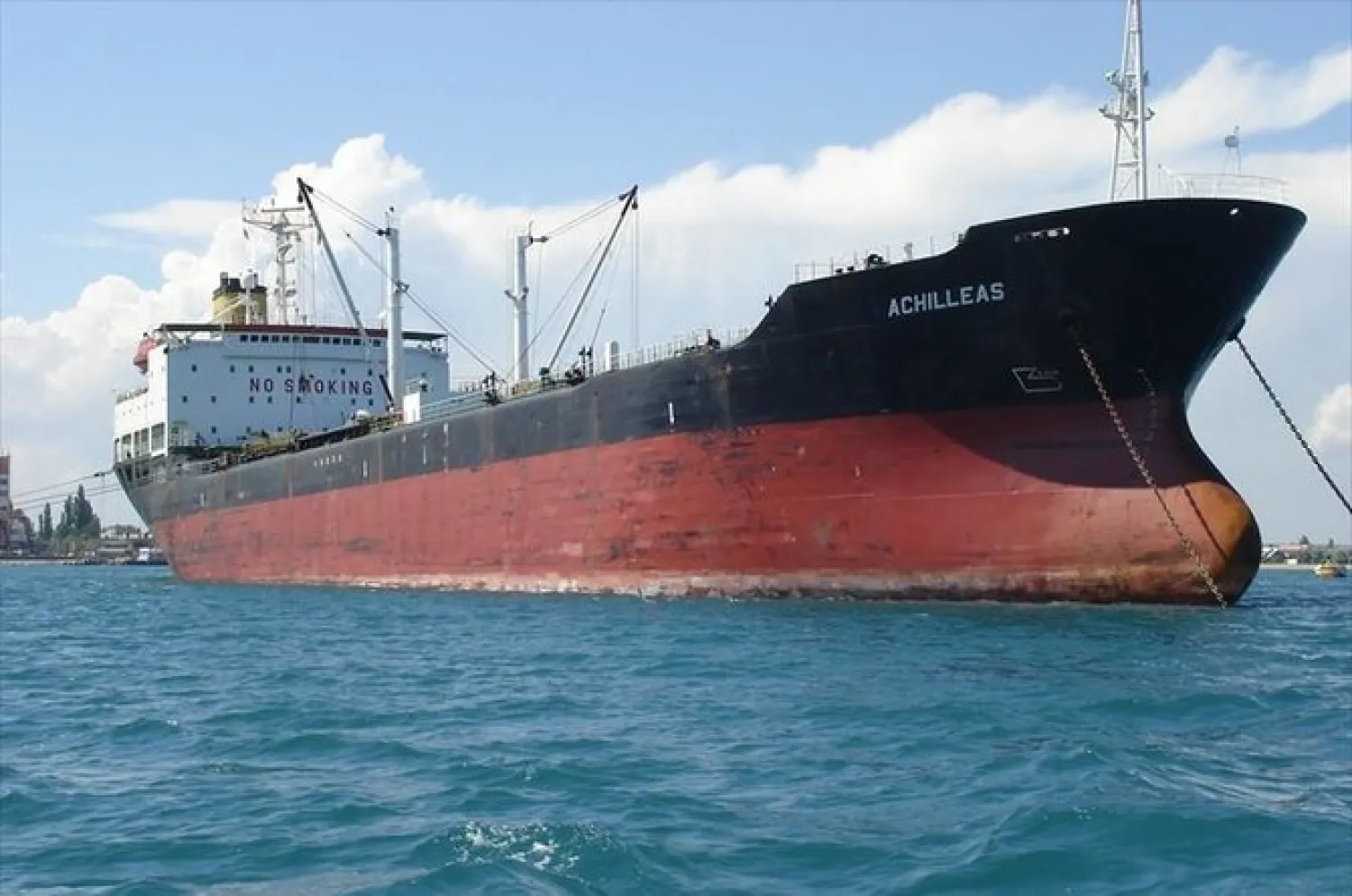The US Department of Justice issued a complaint in a US district court to seize the Iranian cargo on the Liberia-flagged Achilleas on Feb. 3, according to Maritime Magazine.
"Participants in the scheme attempted to disguise the origin of the oil using ship-to-ship transfers, falsified documents, and other means, and provided a fraudulent bill of lading to deceive the owners of the Achilleas into loading the oil in question," the Department said.
“The forfeiture complaint filed today serves as a reminder that the IRGC (Revolutionary Guards) and Quds Force continue to exert significant control over the sale of Iranian oil,” said Assistant Attorney General for National Security John C. Demers.
“As we have demonstrated in the past, the Department will deploy all tools at its disposal to ensure that the IRGC and Quds Force cannot use profits from the sale of Iranian oil to fund terrorism and other activities that threaten the safety and security of all Americans.”
The bulk of the oil that is shipped out of Iran ends up in China. The vessel is known as a Very Large Crude Carrier and is fully loaded, according to shipping documents.
It’s heading to the US and is currently sailing close to the South American coast, according to tracking data compiled by Bloomberg.
The Achilleas’ owner, Capital Ship Management Corp., alerted US authorities to the possibility that it had unknowingly taken on Iranian crude, Bloomberg reported.
The IRGC and the IRGC-QF, both designated as terrorist organizations by the US, use oil money to buy weapons of mass destruction and carry out human rights abuses, according to the Department of Justice.









